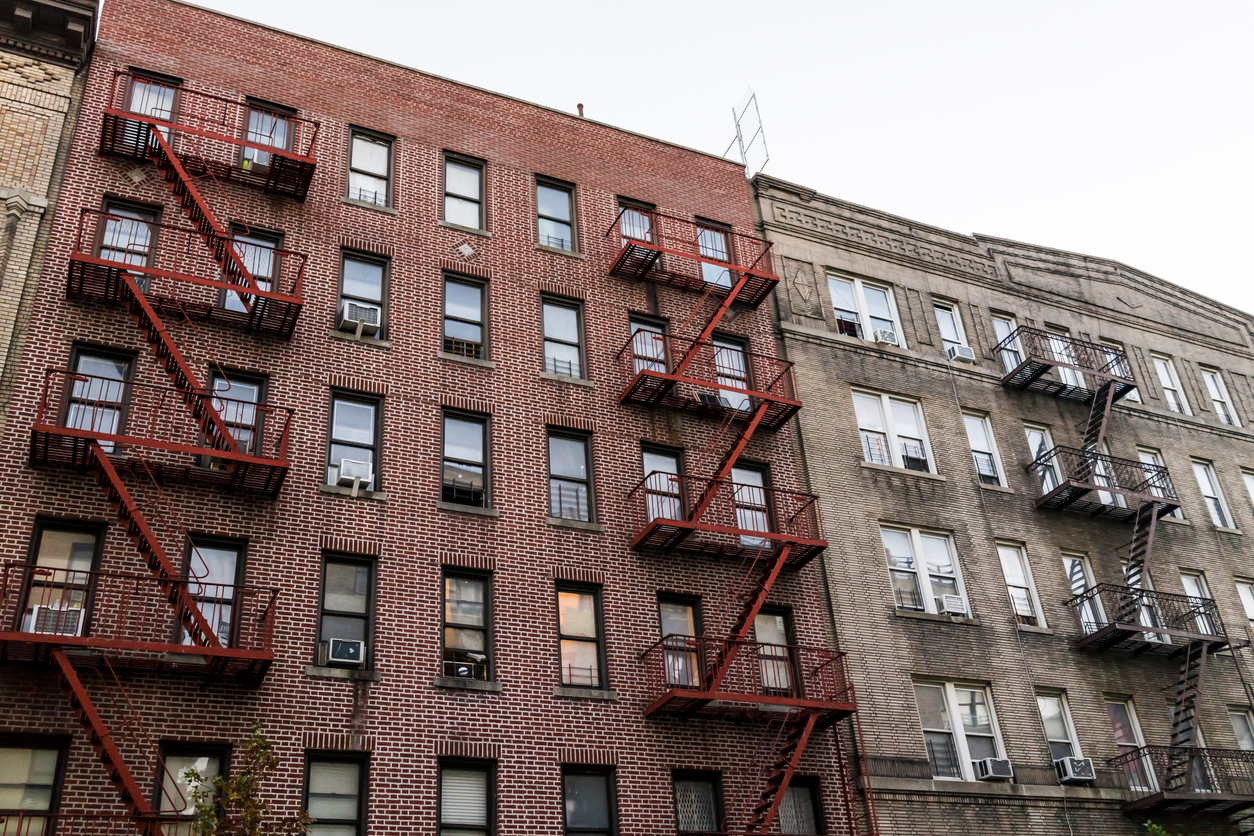New York City's housing authority refused to accept hundreds of dangerous lead paint findings, NYT investigation reveals


A free daily email with the biggest news stories of the day – and the best features from TheWeek.com
You are now subscribed
Your newsletter sign-up was successful
When 3-year-old Mikaila Bonaparte was found to have an unprecedentedly high level of lead in her blood, a health inspector quickly found the cause: Her mother's and grandmother's public housing units in Brooklyn were covered in lead paint.
The New York City Housing Authority's response? That can't be right.
In a massive investigation published Monday, The New York Times found that the authority retested Bonaparte's apartments with its own inspector and insisted there was no lead. But Bonaparte had still still somehow ingested enough lead to perhaps "cause irreversible brain damage," the Times writes. And her story is seemingly one of hundreds.
The Week
Escape your echo chamber. Get the facts behind the news, plus analysis from multiple perspectives.

Sign up for The Week's Free Newsletters
From our morning news briefing to a weekly Good News Newsletter, get the best of The Week delivered directly to your inbox.
From our morning news briefing to a weekly Good News Newsletter, get the best of The Week delivered directly to your inbox.
Because it's been shown to stunt brain development, lead paint was banned in New York City in 1960. Starting in 1989, the city sued lead paint companies and alleged "its public housing buildings were riddled with lead," the Times writes. But by 2004, the Housing Authority's position flipped, claiming only 95 of its 325 developments contained lead, likely because reported instances of lead poisoning had become uncommon.
The authority "was apparently wrong," the Times writes, seeing as the city's health department continued to find lead paint across New York's public housing developments. But from 2010 until this July, the authority challenged the health department on 95 percent of those findings. More often than not, the health department backed down, with a spokesman telling the Times the department was convinced of a false positive in 158 of those 211 cases.
After the Times inquired into the contestations in September, the housing authority's interim chairwoman said the authority was now "accepting whatever the finding of the health department is." New York City Mayor Bill de Blasio is expected to respond to the findings Monday. Read more at The New York Times.
A free daily email with the biggest news stories of the day – and the best features from TheWeek.com
Kathryn is a graduate of Syracuse University, with degrees in magazine journalism and information technology, along with hours to earn another degree after working at SU's independent paper The Daily Orange. She's currently recovering from a horse addiction while living in New York City, and likes to share her extremely dry sense of humor on Twitter.
